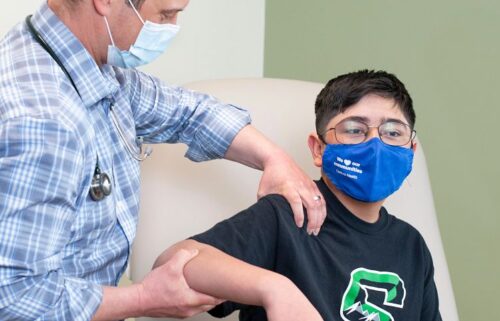HEALTHY COLORADO – Daylight saving time comes to an end Sunday, how you can transition smoothly
COLORADO SPRINGS, Colo. (KRDO) -- Coloradans are getting ready for a circadian rhythm shift. We fall back an hour this coming Sunday when daylight saving time ends. And while we gain an hour of sleep, it impacts us in other ways.
"Switching the clock is always a little bit of a disruption in the daily schedule and it definitely affects everyone differently," says Katherine Green, Medical Director, UCHealth Sleep Medicine Clinic, Anschutz Medical Campus. "The biggest impacts we see with daylight saving time in the fall and actually the impacts for some people last throughout all of daylight saving time have to do with that actual change in light exposure that we get."
The return of standard time means the sun will rise a little earlier, at least according to our clocks. So that means if you're an early riser, you'll enjoy the rays as you have your breakfast. However, it will be dark by the time most of us get out of work.
Dr. Green says it's normal for adults and kids to feel tired and less focused as our internal clock transitions.
"Exposure shifts actually makes it much harder to fall asleep at night and we start to see what is called delays in our circadian rhythm or a shift towards delayed sleep phase and when that happens it makes it much harder to fall asleep in the evening that may allow you to actually get seven hours before you're alarm goes off the next morning so that is the biggest health impact we see with this fall shift," says Dr. Green.
Seasonal depression impacts hundreds of thousands of people during the winter months. To learn more about how to spot and treat it, click here.




